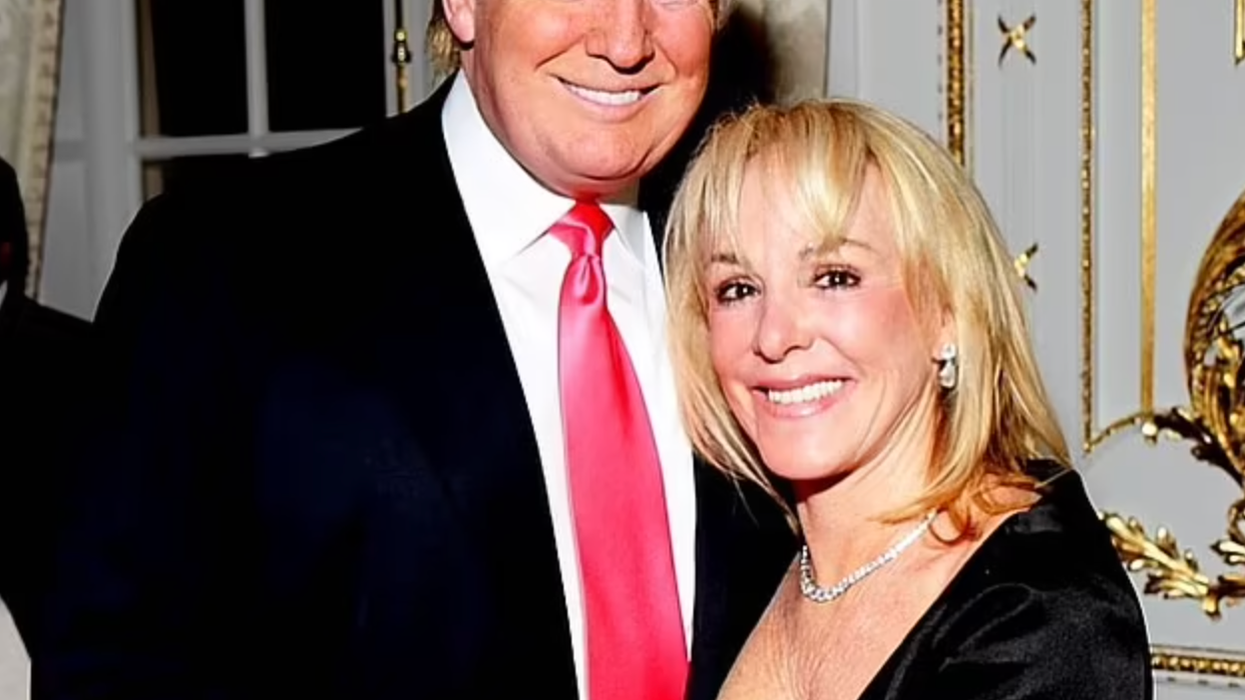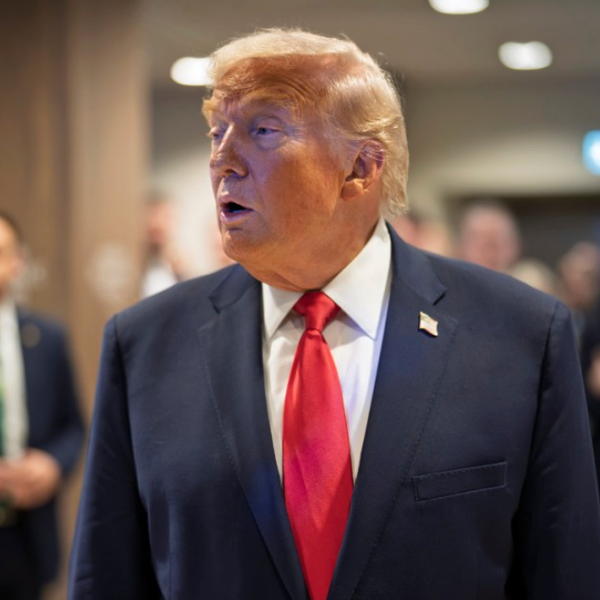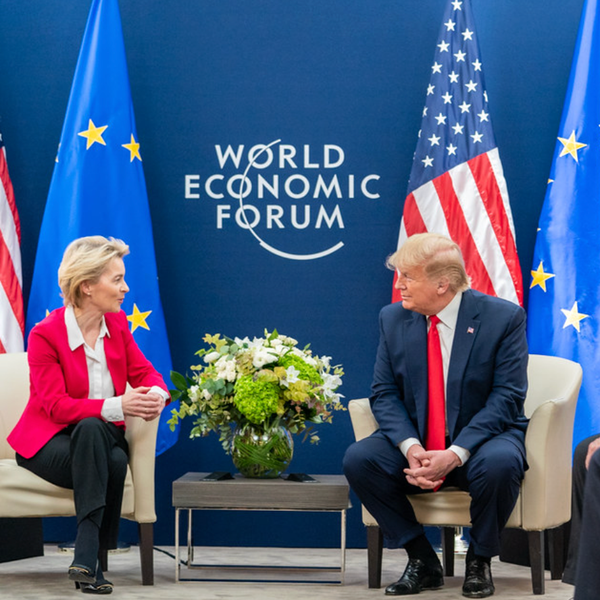Turkey Day? This Year, Millions Of Americans Can't Afford Traditional Holiday Meal
Nearly half of Americans are trading turkey this Thanksgiving for cheaper options like chicken, according to a new report from Defend America Action. It’s just one example of how rising costs are putting a damper on the holiday.
The report was compiled at the behest of more than a dozen Democratic state legislators, who have personally witnessed their constituents cutting corners to make ends meet.
“While Trump and Republicans spend billions bailing out their allies and handing out tax breaks to billionaires, Americans are facing higher prices with fewer resources,” the lawmakers said in a joint statement. “Many Americans will find themselves clipping coupons, cutting costs, and waiting in long lines instead of settling in for a relaxing holiday with family and friends.”
The report found that 57 percent of Americans say that Thanksgiving trimmings are more expensive than last year. They’re not imagining it: turkey prices are up 24 percent, canned cranberries are up 45 percent, frozen peas are up 17 percent, cheddar cheese is up 6.6 percent, and the price of sweet potatoes rose by a staggering 37 percent.
Prices for wine, sugar, and whipped cream are all up as well.
The legislators are right to blame President Donald Trump’s inflationary policies. New tariffs on imported farm equipment, fertilizer, steel, and aluminum have increased production costs for many farmers, leading to higher prices in supermarkets.
Tariffs are essentially taxes on imported goods. The tax is paid by the importer, and the cost is often passed to the consumer. Trump claims he is using tariffs to pressure foreign governments into better trade deals.
The pain has been especially acute for turkey farmers. In March, Trump levied tariffs on animal feed imported from Canada and Mexico, which accounts for more than 60 percent of poultry farmers’ operating costs.
It’s been made worse by the administration’s sluggish response to an avian flu outbreak that has shrunk the American turkey inventory to its lowest level in 40 years.
While some Americans will be cooking chicken, one in ten say they won’t be serving any protein at all, choosing to serve only sides instead. Nearly a quarter plan on cutting portion sizes.
This data undercuts Trump’s claims that Thanksgiving will be more affordable this year. He has repeatedly cited a 25 percent price drop for Walmart’s pre-packaged Thanksgiving meals as proof that he’s bringing costs down. Not only is this an outlier, but Walmart’s offerings are also smaller and include less expensive items than in past years.
It’s not just grocery prices, either. Year-over-year travel costs are up as well, with airfare 3.2 percent more expensive than it was in 2024. The additional costs do not equal more luxury. Airports across the country are bracing for delays and cancellations as they continue to struggle with the fallout from Trump’s Federal Aviation Administration (FAA) staffing cuts and the recent government shutdown.
An estimated 31 million people are expected to fly between November 21 and December 1.
More than half of Americans, according to an Associated Press-NORC Center for Public Affairs poll, rank grocery costs as a significant source of stress in their lives.
Reprinted with permission from American Journal News












